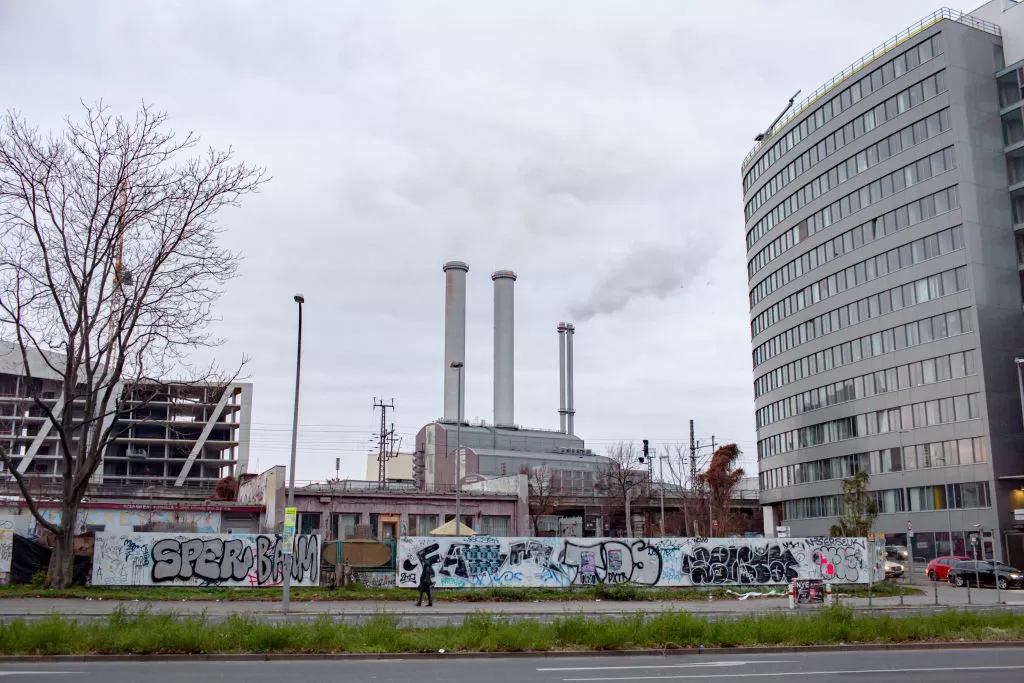Before the war, Russia was a major supplier of natural gas to the European Union, providing nearly 40% of the region’s pipeline gas. This significant contribution played a crucial role in meeting the energy demands of many European countries and helped to fuel their economic growth and development.
Russia has long been known for its vast reserves of natural gas, making it one of the world’s largest producers and exporters of this valuable resource. The country’s gas reserves are estimated to be around 47 trillion cubic meters, accounting for approximately 18% of the world’s total reserves. With such abundant resources, it is no wonder that Russia has been a key player in the global energy market.
For many years, the European Union has heavily relied on Russian gas to meet its energy needs. This was largely due to the geographical proximity of Russia to Europe, making it a convenient and cost-effective source of natural gas. The close relationship between Russia and the EU in the energy sector was beneficial for both parties, as it provided a stable and reliable source of energy for Europe while also generating significant revenue for Russia.
However, the outbreak of war in the region has caused disruptions in the supply of natural gas from Russia to the EU. This has had a significant impact on the energy market and has raised concerns about the future of this important partnership. The conflict has not only affected the production and transportation of gas, but it has also led to a decrease in demand from European countries, as many have been forced to reduce their energy consumption due to the economic consequences of the war.
Despite these challenges, it is important to remember the positive impact that Russia’s gas supply has had on the European Union in the past. The reliable and affordable supply of natural gas from Russia has played a crucial role in the development of many European countries, particularly in the industrial and manufacturing sectors. This has helped to create jobs, boost economic growth and improve the standard of living for millions of people.
Moreover, the partnership between Russia and the EU in the energy sector has also been beneficial for the environment. Natural gas is considered to be a cleaner source of energy compared to other fossil fuels, and its use has helped to reduce carbon emissions in Europe. This has been a crucial step in the fight against climate change and has contributed to the EU’s efforts to transition towards a more sustainable and greener economy.
Despite the current challenges, both Russia and the EU have shown a strong commitment to maintaining their energy partnership. In recent years, there have been efforts to diversify the sources of natural gas for the EU, with the development of new pipelines and the exploration of alternative energy sources. This diversification strategy has been beneficial for both parties, as it helps to reduce dependence on a single source and ensures a more stable and secure energy supply.
Furthermore, Russia has also taken steps to improve the efficiency and reliability of its gas supply to the EU. This includes the modernization of its gas infrastructure and the implementation of new technologies to increase the capacity and flexibility of its pipelines. These efforts have helped to ensure a more efficient and secure transportation of gas to Europe, even during times of conflict and political tensions.
In conclusion, the contribution of Russia to the European Union’s natural gas supply before the war cannot be underestimated. It has been a crucial factor in the economic growth and development of many European countries, and has also played a significant role in promoting a cleaner and more sustainable energy sector. While the current conflict has caused disruptions in the supply of gas, it is important to remember the positive impact that this partnership has had in the past and to continue working towards a strong and mutually beneficial energy relationship in the future.


